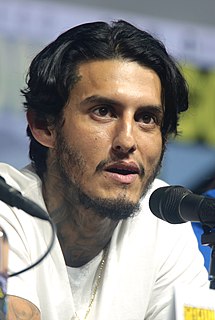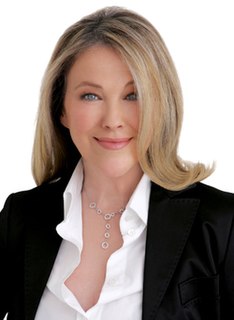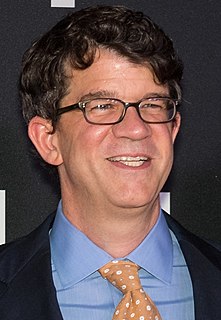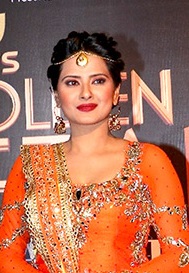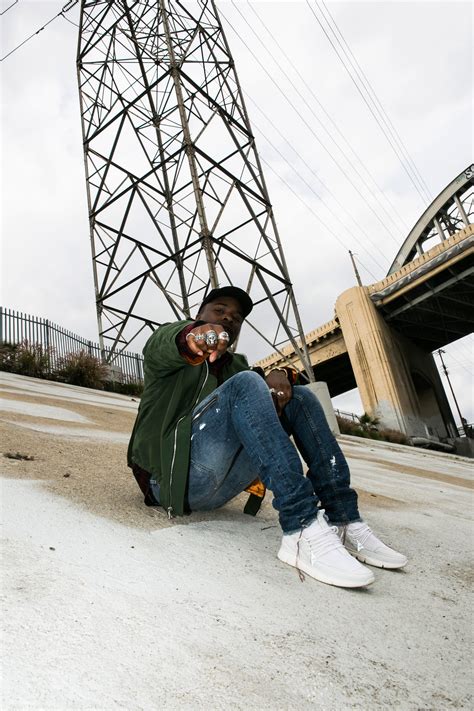A Quote by James Frey
The best stories are universal stories that have been told for as long as humanity has existed it's just figuring out new ways to do it, with language, with structure. And so I'm always trying to do that.
Related Quotes
There's so many ways to be a voice and that's what I'm figuring out. Being an artist, being an actor, it's about telling stories that could heal, that could open up discussion that could make the community better. There are many (Latino) stories that need to be told and haven't been told right. If I could help be that voice then that's what I'm going to do, because this is a reality for me.
What does it matter, if we tell the same old stories? ...Stories tell us who we are. What we’re capable of. When we go out looking for stories we are, I think, in many ways going in search of ourselves, trying to find understanding of our lives, and the people around us. Stories, and language tell us what’s important.
Just recognizing and naming that many of the things we treat as historical fact are stories can help erode their power over our sense of identity and thinking. If they are stories rather than "truth," we can write new stories that better represent the country we aspire to be. Our new stories can be about diverse people working together to overcome challenges and make life better for all, about figuring out how to live sustainably on this one planet we share, and on deep respect for cooperation, fairness, and equity instead of promoting hyper-competitive individualism.
I love telling stories. When people interview me live I'm totally forthcoming about stories like that - as long as it's not going to be in print or recorded. It's just for whoever's in the audience. It's always been for me kind of fun and then everyone walks out of there, "She told this story about da da da" but nobody can prove it.
Humanity's legacy of stories and storytelling is the most precious we have. All wisdom is in our stories and songs. A story is how we construct our experiences. At the very simplest, it can be: 'He/she was born, lived, died.' Probably that is the template of our stories - a beginning, middle, and end. This structure is in our minds.
Each of us is comprised of stories, stories not only about ourselves but stories about ancestors we never knew and people we've never met. We have stories we love to tell and stories we have never told anyone. The extent to which others know us is determined by the stories we choose to share. We extend a deep trust to someone when we say, "I'm going to tell you something I've never told anyone." Sharing stories creates trust because through stories we come to a recognition of how much we have in common.

